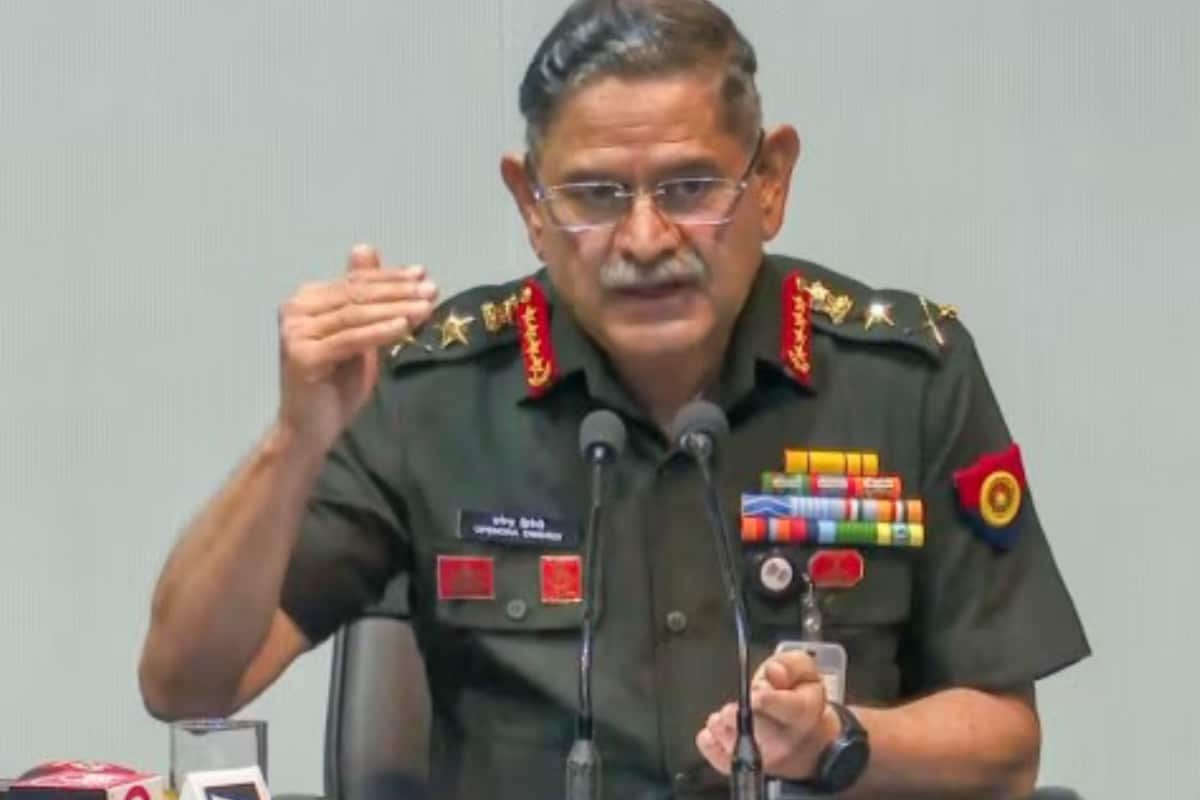

Army Chief General Upendra Dwivedi has recently mocked Pakistan's claims of victory following Operation Sindoor, highlighting the importance of narrative management in warfare. Speaking at IIT Madras, General Dwivedi alluded to Pakistan's narrative strategy, stating, "If you ask a Pakistani whether you lost or won, he'd say, 'My chief has become a field marshal. We must have won, that's why he's become a field marshal'". He was referencing the promotion of Pakistan's Army chief, Asim Munir, to field marshal.
Operation Sindoor was launched by India on May 7 in response to the April 22 Pahalgam terror attack in Jammu and Kashmir, where 26 civilians were killed by Pakistan-linked terrorists. The operation involved targeting terror infrastructure in Pakistan and Pakistan-occupied Kashmir. India has stated that over a hundred terrorists associated with groups like Jaish-e-Mohammed, Lashkar-e-Taiba, and Hizbul Mujahideen were eliminated during the operation.
In the aftermath of Operation Sindoor, Pakistan summoned the Indian Charge d'Affaires in Islamabad to protest the strikes. Pakistan described India's actions as a "blatant act of war" and asserted its right to respond appropriately, invoking Article 51 of the UN Charter. Pakistan's Foreign Ministry stated that the operation "violated Pakistan's sovereignty using standoff weapons, targeting civilian population across international border".
Air Chief Marshal Amar Preet Singh stated that Indian forces downed five Pakistani fighter jets and one large airborne surveillance aircraft during Operation Sindoor. He described it as "the largest ever recorded surface-to-air kill that we can talk about". Air Chief Marshal Singh credited the S-400 air defence system for the aerial kills, calling it a "game-changer". He added that the system's range kept Pakistani aircraft and UAVs away from the Indian defence system. The Indian Air Force also released "before and after" satellite images of the terror targets struck during the operation. According to Air Chief Marshal Singh, US-made F-16 jets parked at Jacobabad airbase were hit, and at least one AEW&C aircraft and several F-16s under maintenance were affected. He also said that two command and control centres at Murid and Chaklala and six radars were damaged.
Pakistan's Defence Minister Khawaja Asif has denied that any Pakistani military aircraft were hit or destroyed during Operation Sindoor. Asif described the IAF chief's remarks as "implausible" and "ill-timed," and challenged India to open their aircraft inventories for independent verification.
General Dwivedi emphasized that the Indian armed forces were given a "free hand" to execute Operation Sindoor. He highlighted that Defence Minister Rajnath Singh stated, "Enough is enough," and the chiefs were given the autonomy to decide the course of action. Air Chief Marshal AP Singh also attributed the success of Operation Sindoor to the "political will" of the central government, stating that the forces carried out the mission without external constraints.
Operation Sindoor has been described as an intelligence-driven mission that redefined India's counter-terrorism approach. General Dwivedi characterized the operation's strategy as similar to playing chess, requiring anticipation of the enemy's moves in a greyzone environment. He stated that India targeted terrorist infrastructure effectively, foiling aggressive moves by Pakistan to attain a decisive victory.